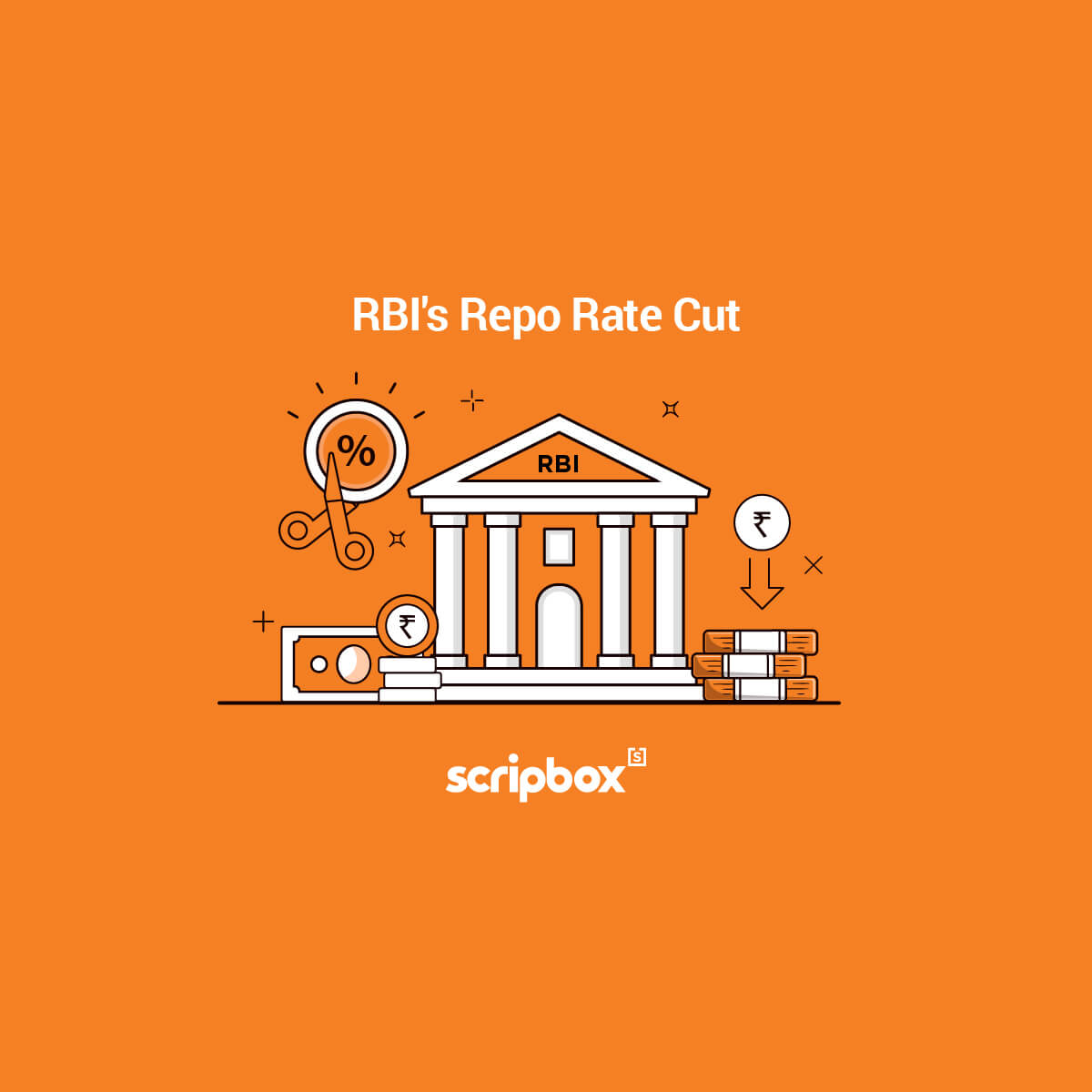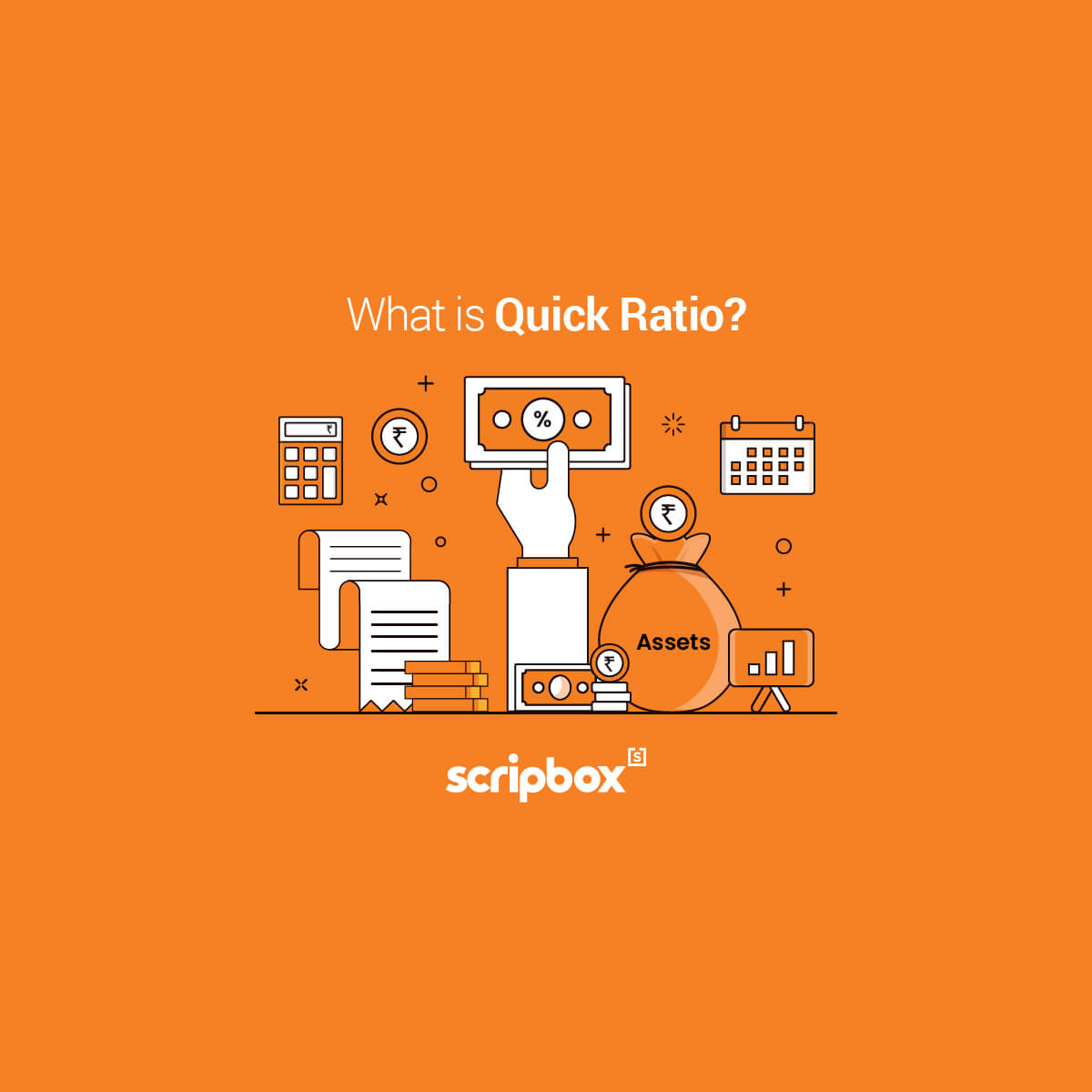
RBI’s rate cut – Good or Bad for you?
The Reserve Bank of India in its bimonthly meeting in February 2019 has cut the benchmark policy rate by 25 basis points and is currently at 6.25%. With this rate cut, the central bank has changed its stance to ‘neutral’...

Rate of Return
What is the rate of return mean? Rate of Return means the percentage of gain or loss on an investment compared to the principal amount in the beginning of the investment. It can be related to a specific period of...

Quick Ratio
What is Quick Ratio? The quick ratio measures a company's ability to pay off short term obligations with liquid assets. In other words, the quick ratio is an accounting ratio that measures a company's liquidity. It is also known as...

Qualified Institutional Buyers (QIBs)
Who are Qualified Institutional Buyers (QIBs)? Qualified Institutional Buyers (QIB) are investors who follow the rules and regulations governed by SEBI. As per SEBI, QIBs are institutional investors who possess the necessary expertise and financial strength to carefully evaluate and...

Puttable Bonds
What are Puttable Bonds? A puttable bond is a type of bond that provides the bondholders with a right to sell the bond to the issuer before its maturity date. In other words, the bondholders can force the issuer to...
Practical Insights For Wealth Creation
Our weekly finance newsletter with insights you can use
Your privacy is important to us

Put Call Ratio
What is Put Call Ratio? A Put Call Ratio or PCR is a derivative indicator used by traders to gauge the overall sentiment of the market. This ratio uses the volume of put and call options on a market index...

Initial Public Offering
What is Public Offering Price? Public offering price is the price at which new stocks are offered to the public by an underwriter. In other words, it is the price at which the company decides to give the stocks to...

Price to Earnings (P/E) Ratio
The Price to Earnings Ratio or P/E Ratio is the most popular metric for analysing the company's valuation. In addition to showing whether the company is undervalued or overvalued, this valuation ratio helps to understand the company's financial health compared...








